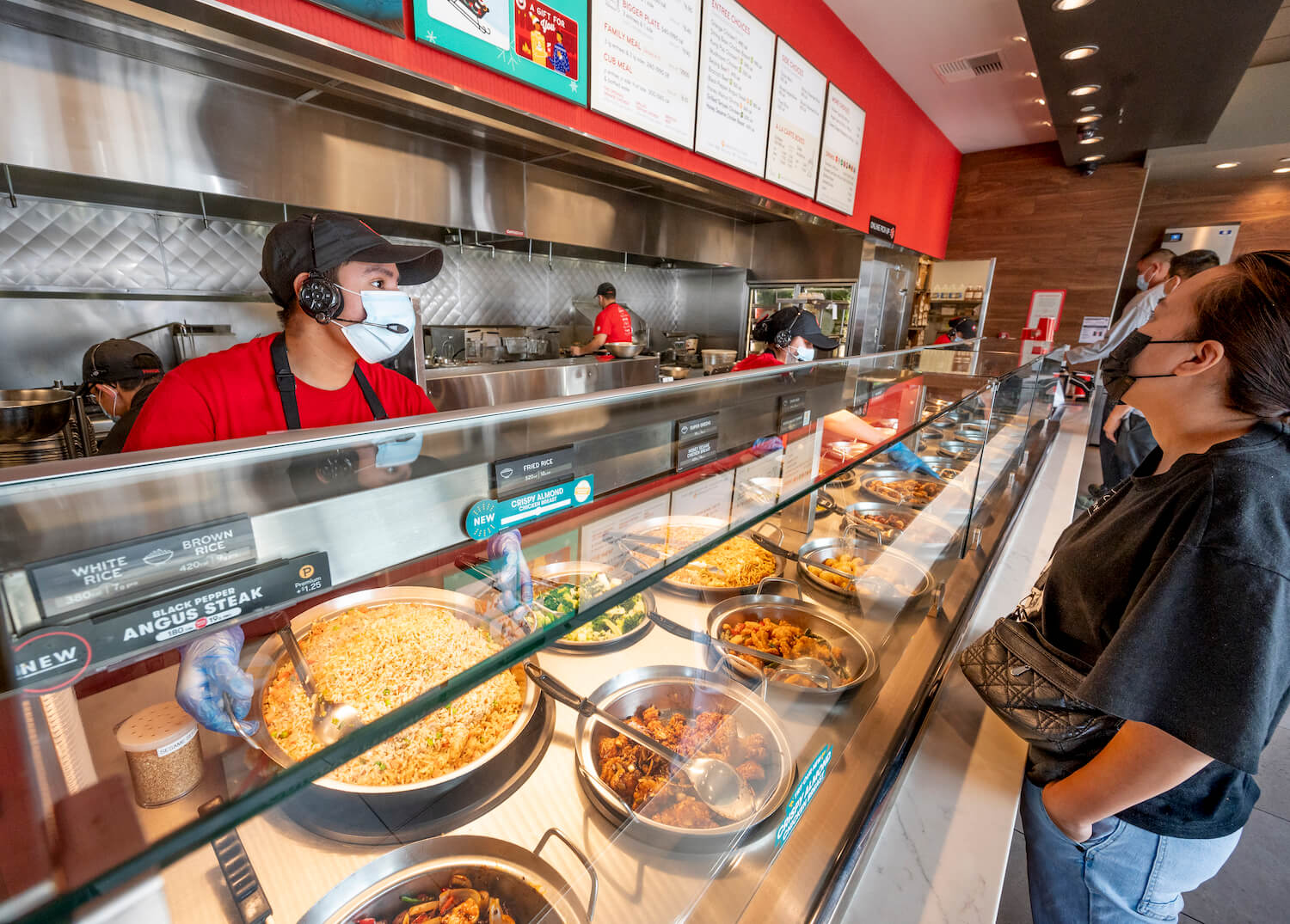Jeff Hanscom, vice president of state and local government relations for the International Franchise Association, told The Counter in December that beyond ceding the development and enforcement of industry regulations to unelected officials, AB 257 would discourage entrepreneurs from buying into franchises by reducing their independence from fast food corporations.
“Franchising provides unparalleled opportunities for entrepreneurs in California, and better wages, hours, benefits for their workers, and this misguided proposal threatens thousands of California entrepreneurs and workers,” Hanscom said in a statement after the bill’s passage on Monday.
But Brian Callaci, chief economist at the Open Markets Institute who researches franchises, pushed back against this framing. He noted that with the modern franchising model, franchisees already are extremely limited in their ability to deviate from the strict provisions written into their’ franchising agreements. In addition to paying royalties and marketing fees to brands like McDonald’s and Taco Bell, franchisees are contractually obligated to abide by a host of specific requirements, including menu pricing, authorized ingredient suppliers, and many other operational considerations. Beyond minimizing franchisees’ ability to make decisions independently from corporations, these requirements often leave labor costs as their only control for eking out a profit, ultimately putting a downward pressure on workers’ pay and disincentivizing them from providing better benefits, potentially pushing them toward breaking employment laws.
By having workers negotiate together with franchisees and franchisors on minimum standards that would apply to franchisees across the industry, Callaci said, AB 257 could ultimately relieve the competitive pressure that ultimately leads to a race to the bottom on pay and other conditions. For instance, franchisees would be able to tell fast-food brands that to pay a higher minimum wage while maintaining market competitiveness, they may have to loosen up on requirements like mandatory pricing or suppliers. Furthermore, AB 257 not only holds franchisees responsible alongside franchisors for violating the council’s standards or existing labor laws, it also enables them to sue fast food corporations if a franchise agreement’s policies essentially coerces them into breaking these regulations. “The whole reason that [fast-food companies] do franchising, the motivation for developing the business structure, is to get that control that they like and avoid the responsibility,” Callaci said. “Making the franchisors own it helps them behave more responsibly.”
Should the bill ultimately become law, David Madland, senior fellow at the Center for American Progress, said it’s possible that other states would establish their own sectoral councils to tackle the issue of working conditions across the fast-food industry.
“It would be the first of its kind for fast food workers that really transforms an industry with the kinds of challenges that many other states and the whole country are trying to figure out how to deal with,” Madland said. “That really could spur others to act. That would be, I think, one of the most important things that could come out of this.”






